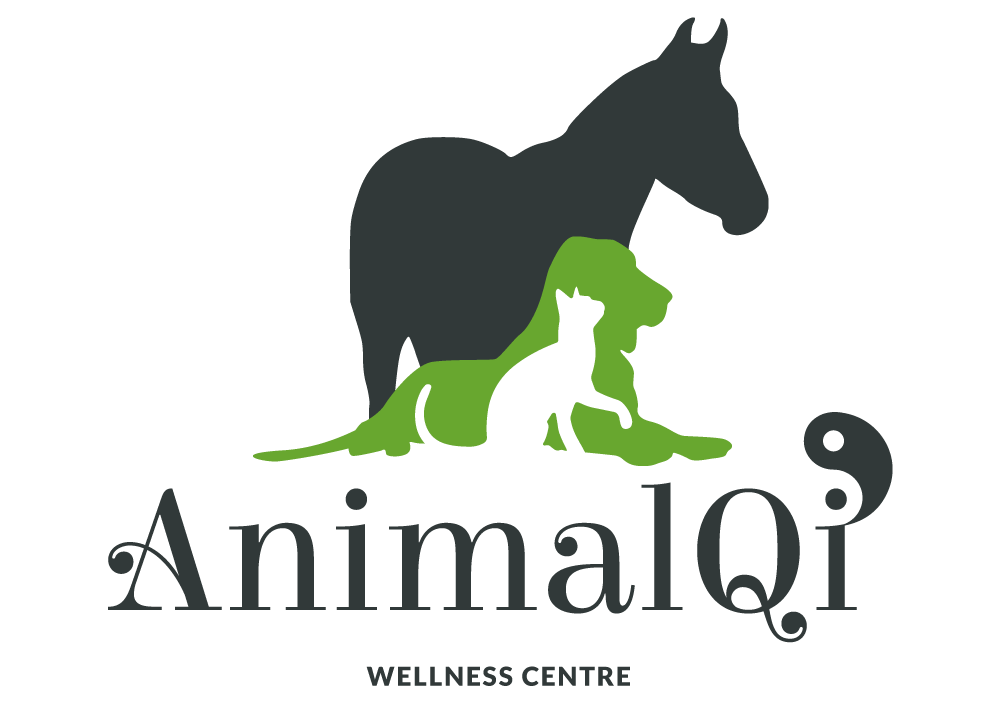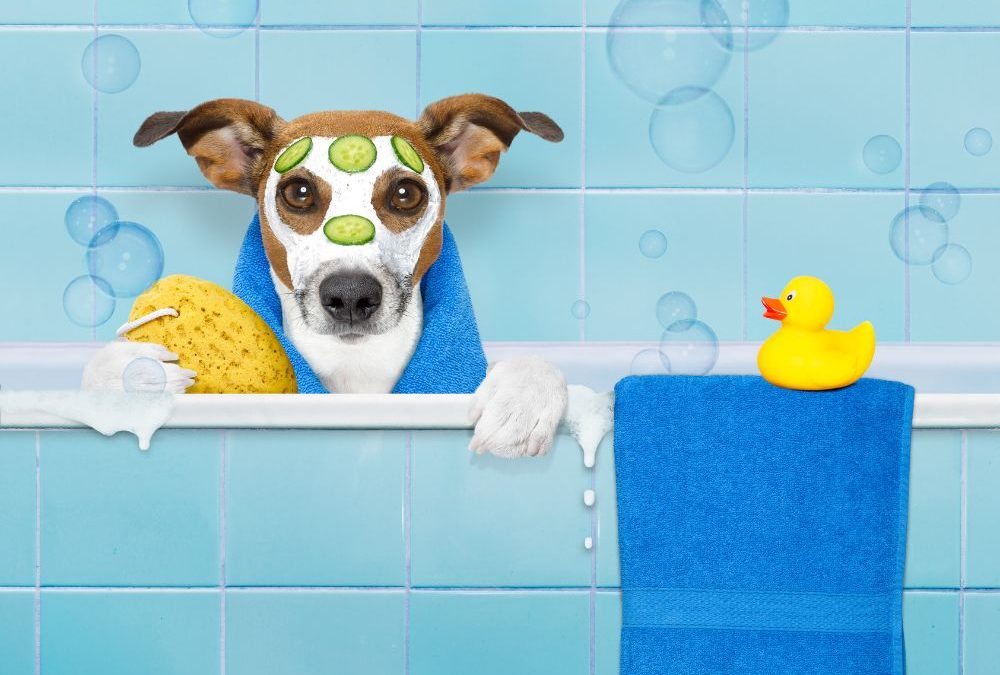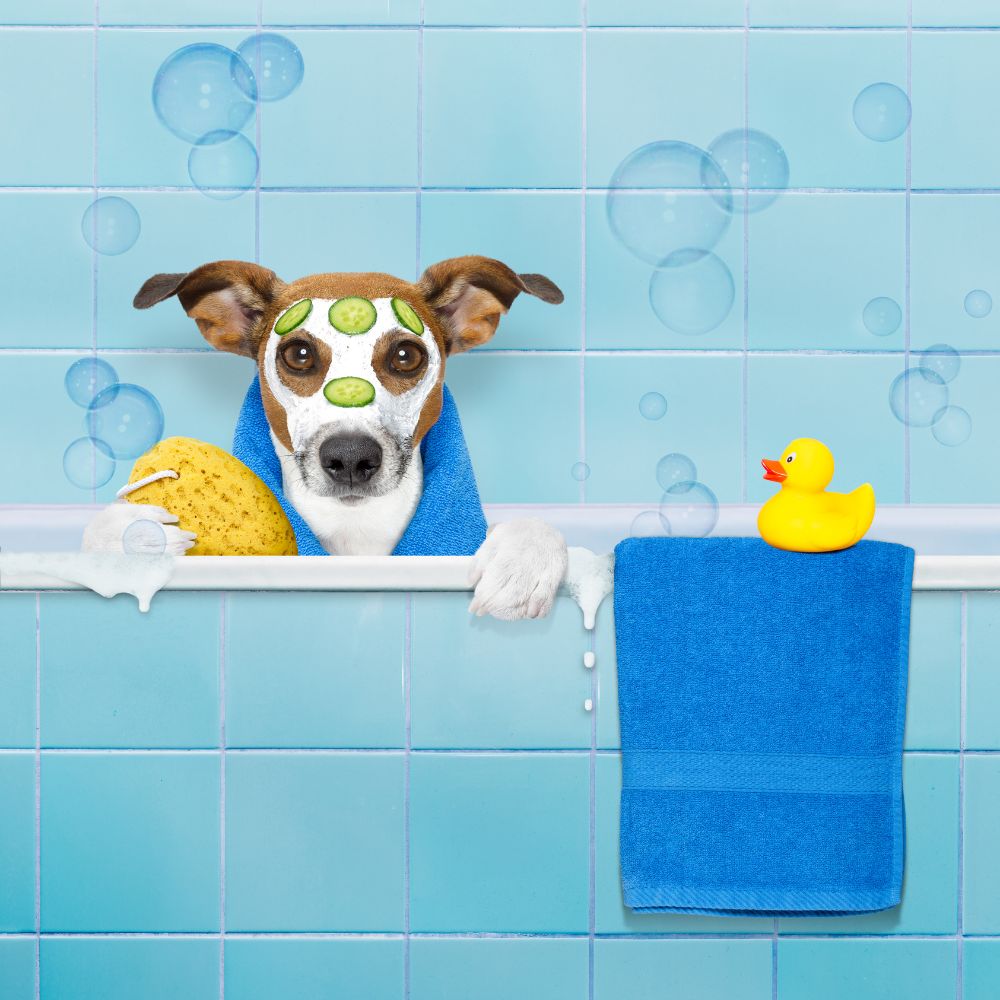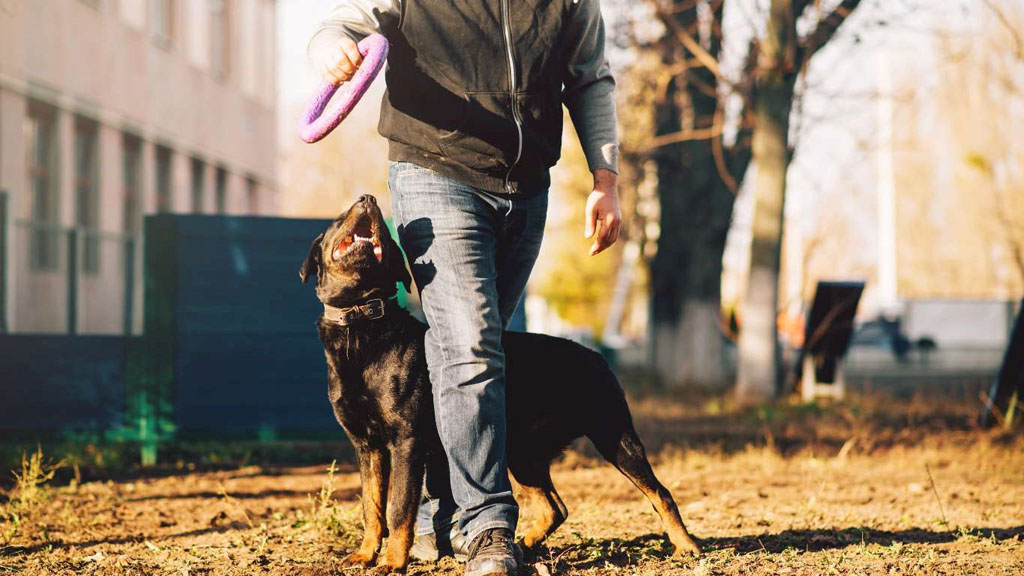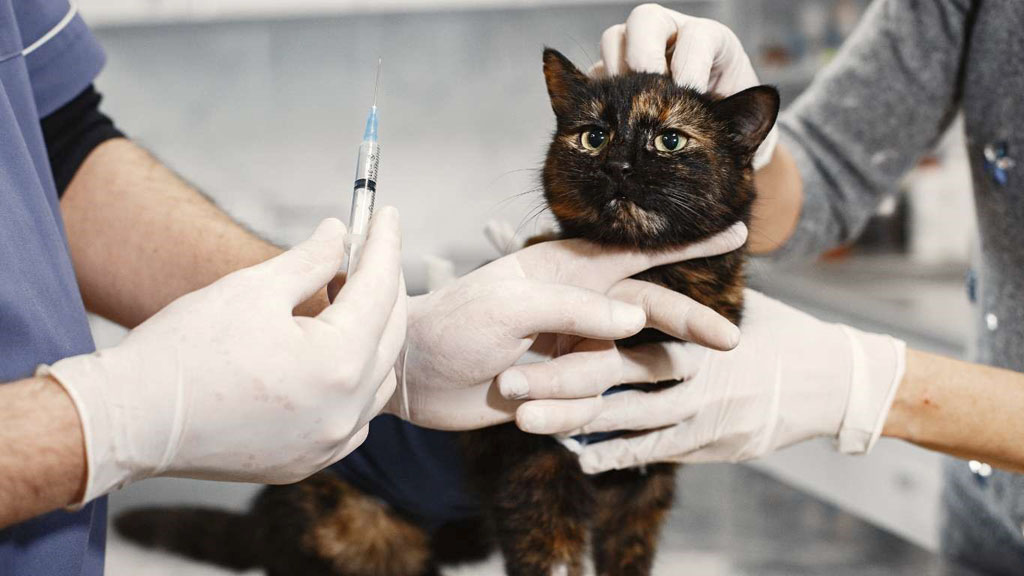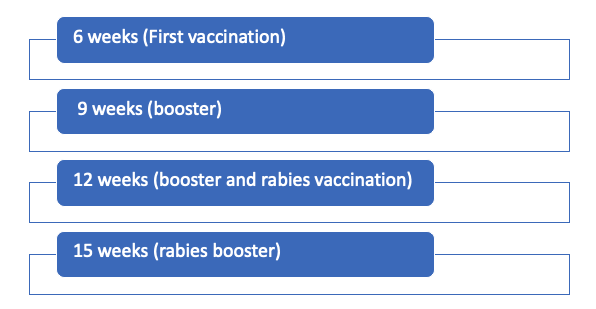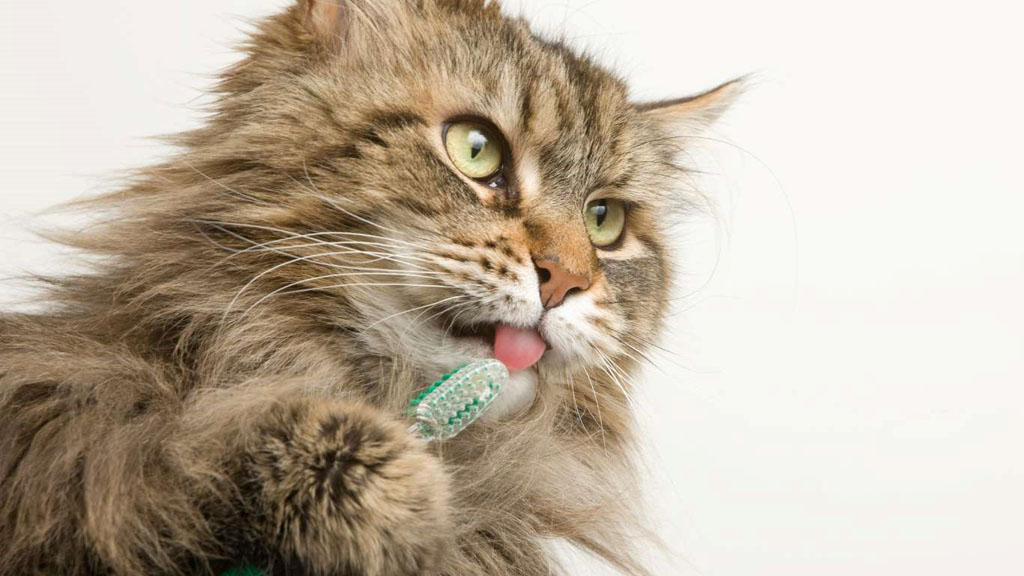
Healthy Smiles for Furry Friends: The Importance of Dental Healthcare for Your Pet
Healthy Smiles for Furry Friends: The Importance of Dental Healthcare for Your Pet
In the bustling world of pet care, we often focus on ensuring our furry companions receive the best nutrition, exercise, and affection. However, one crucial aspect of our pets’ well-being that sometimes goes overlooked is their dental health. Just like humans, pets require proper dental care to lead happy, healthy lives. In this article, we explore the significance of dental healthcare for your beloved pets and highlight the benefits of dental cleaning at AnimalQi Veterinary Clinic.
The Importance of Pet Dental Healthcare
Oral hygiene plays a pivotal role in a pet’s overall health. Yet, dental issues are among the most common problems seen in veterinary practices. Neglecting your pet’s dental health can lead to various complications, including:
- Tooth Decay: Just like humans, pets can suffer from tooth decay, which can cause severe pain and discomfort.
- Gum Disease: Periodontal disease is a leading concern among pets, affecting their gums and teeth. Untreated gum disease can lead to tooth loss and systemic health issues.
- Bad Breath: Persistent bad breath can be a sign of underlying dental problems in your pet.
- Pain and Discomfort: Dental issues can be painful, affecting your pet’s ability to eat, play, and enjoy life.
- Systemic Health Problems: Poor dental health can lead to systemic issues such as heart, liver, and kidney problems.
Given these risks, it’s clear that maintaining your pet’s dental health is essential. One way to ensure your furry friend’s oral hygiene is in top shape is by visiting AnimalQi Veterinary Clinic, conveniently located at 213 Beyers Naude Drive.
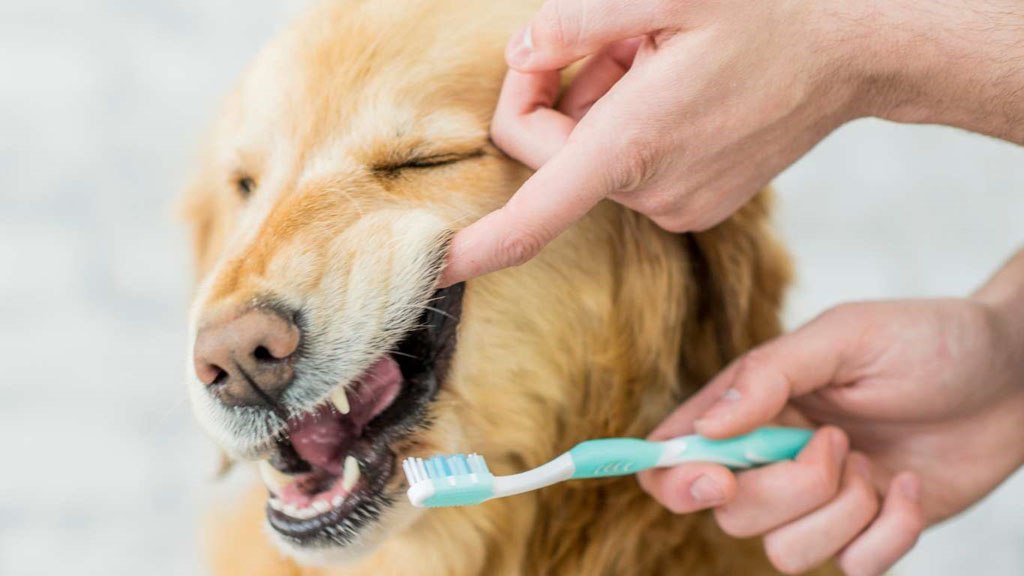
Benefits of Dental Cleaning at AnimalQi Veterinary Clinic
AnimalQi Veterinary Clinic is renowned for its exceptional pet dental care services, backed by a team of experienced veterinarians and state-of-the-art dental care equipment. Here are some of the benefits you can expect when you choose AnimalQi for your pet’s dental needs:
- Expertise: The clinic’s veterinarians are highly trained and experienced in pet dental care, ensuring your pet receives the best possible treatment.
- Comprehensive Dental Exams: AnimalQi conducts thorough dental exams to identify and address any oral health issues early on, preventing them from becoming more serious problems.
- Professional Cleaning: The clinic offers professional dental cleanings that include scaling, polishing, and extractions when necessary. These procedures help keep your pet’s teeth and gums healthy.
- Pain Management: If your pet requires extractions or dental surgery, AnimalQi provides comprehensive pain management to ensure your furry friend is comfortable throughout the process.
- Education and Prevention: AnimalQi prioritizes pet owner education, providing guidance on at-home dental care routines and preventative measures to maintain your pet’s oral health.
- Improved Quality of Life: Regular dental cleanings and care at AnimalQi can lead to a happier, healthier, and more comfortable life for your pet.
Remember, a happy and healthy pet begins with proper dental care. Don’t wait until dental issues escalate; schedule an appointment with AnimalQi Veterinary Clinic today to ensure your beloved companion enjoys a lifetime of healthy smiles.
Investing in your pet’s dental health not only enhances their quality of life but also prevents costly treatments down the road. Take action now and give your furry friend the gift of a radiant smile and a pain-free life.
Book an APPOINTMENT today!
Please email us at info@animalqi.co.za
Our experienced team of veterinarians is here to help your pet feel their best.
(Diagnoses and treatment advice will not be given on email of WhatsApp)
